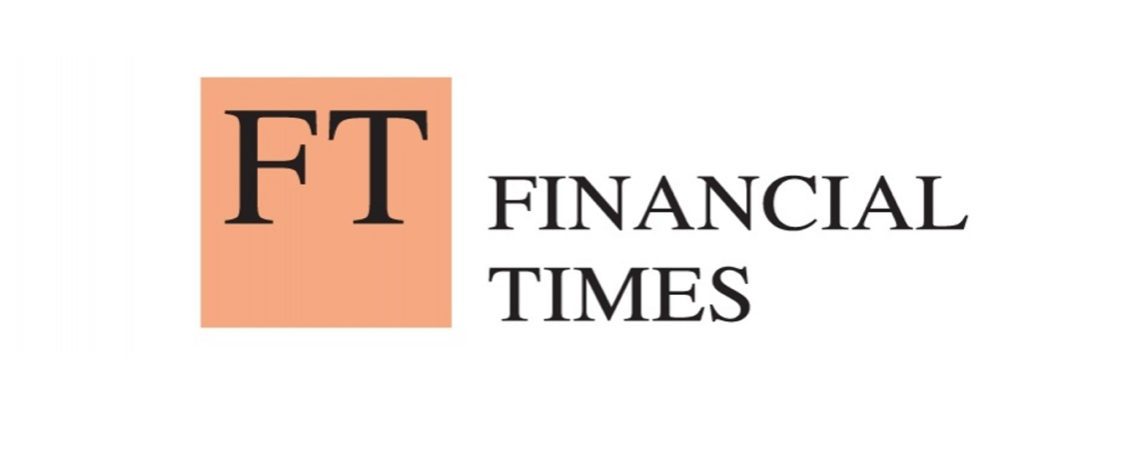The WTO has ruled that India violated global trade rules by providing up to $7bn in annual export subsidies to its companies, after the US had challenged New Delhi’s incentive schemes.
The decision was hailed by Robert Lighthizer, the US trade representative, as a “resounding victory” that would allow American companies to compete “on a level playing field”, despite the fact that the Trump administration has questioned the effectiveness and fairness of the WTO’s dispute settlement system.
India’s ministry of commerce and its embassy in Washington declined to comment on the ruling and whether it would appeal. The Trump administration launched its case against India’s export subsidy programmes in March 2018, alleging that India gave prohibited, rapidly expanding support in sectors such as pharmaceuticals, textiles, steel and technology products.
New Delhi said it was entitled to pursue those policies under exemptions allowed for developing countries, even if they were transitioning away from that status. The panel rejected the claim.
The WTO urged India to withdraw the export subsidy schemes within six months. If it fails to comply, it could eventually face punitive tariffs from Washington.
This year, the US administration said it would revoke preferential tariff treatment given to Indian imports, amid rumblings that Washington might launch an investigation into unfair trade practices similar to the one that forms the legal basis for its tariff war with China. But good relations between Donald Trump, US president, and Narendra Modi, the Indian prime minister, have staved off any serious escalation in tensions between the countries.
Although the Trump administration has been vigorously litigating cases at the WTO and trumpeting any decisions to its benefit, Washington has blocked the appointment of judges to its appellate body after disagreeing with its methods and some of its rulings. By December, the appellate body will not have a sufficient quorum of judges to continue operating, throwing a spanner in the works of global trade dispute settlement.
The US has called for reforms of the system, but officials in Geneva, where the WTO is based, said there had been little progress towards a solution. The EU, Canada and others have been working on developing alternative dispute settlement regimes while the WTO appellate body is frozen.
To access original source, click here

